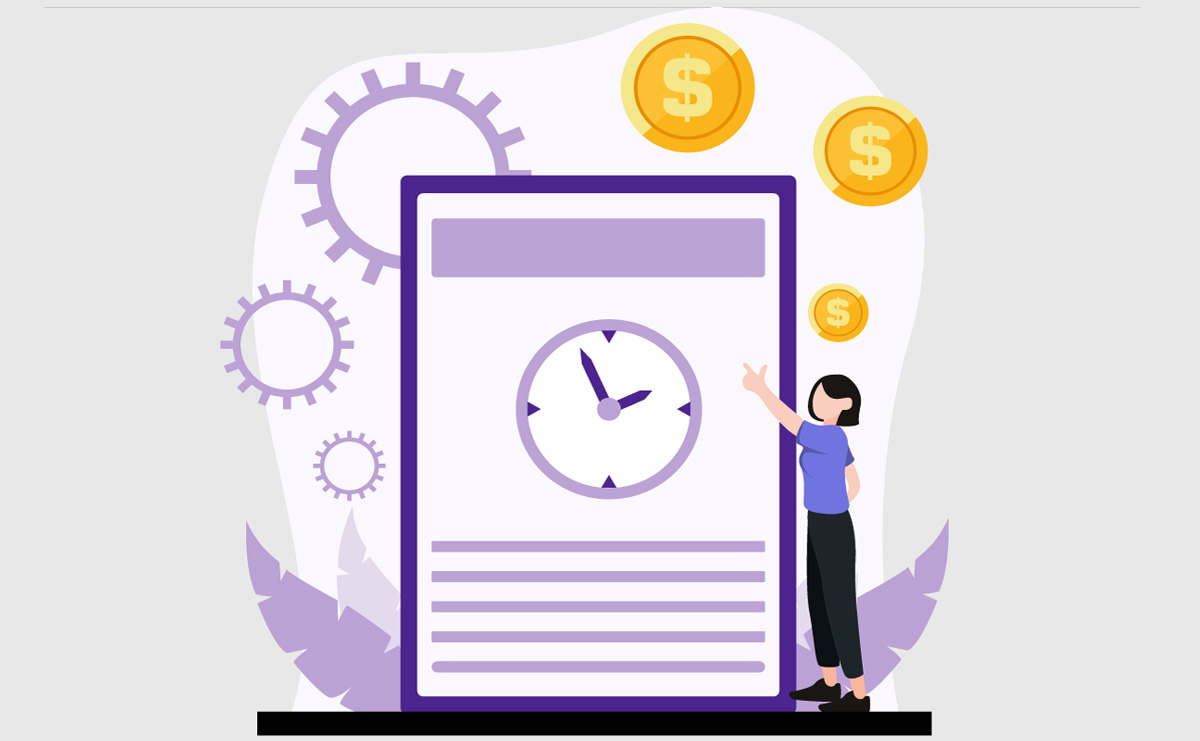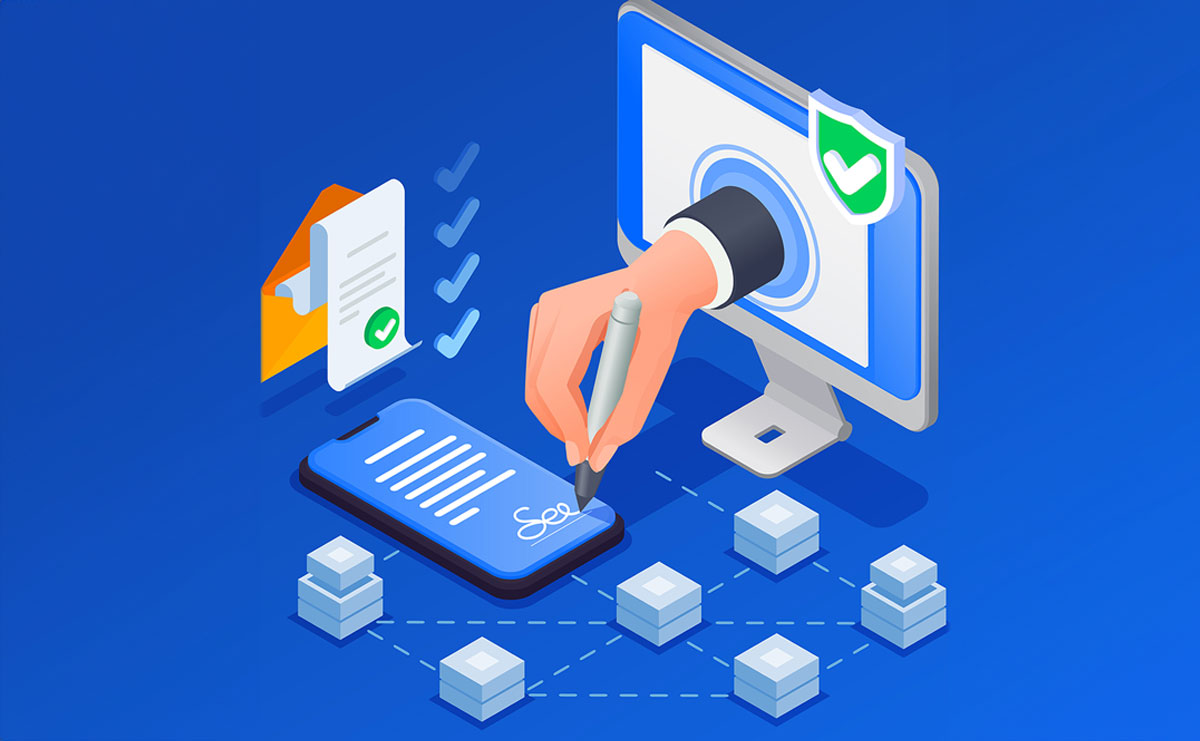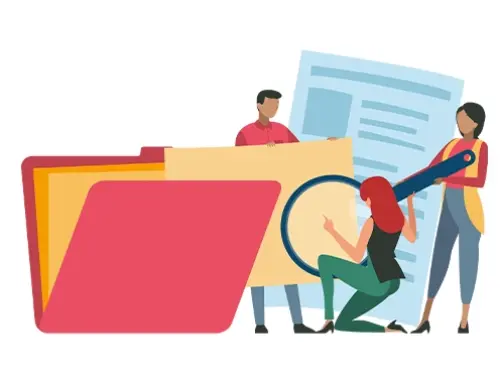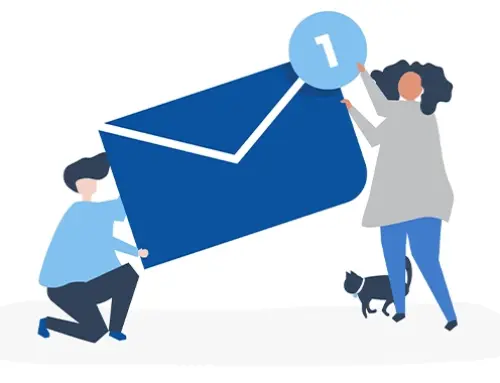Contents
How Legal Tech Helps Law Firms Reduce Non-Billable Hours
Law firms today are under constant pressure to work more efficiently and spend less time on tasks that do not directly earn money. A lot of time gets wasted on non-billable work like managing documents or handling administrative tasks, which can eat into a firm’s profits. That is where legal tech comes in. By automating routine processes and simplifying workflows, technology helps law firms cut down on non-billable hours. This means lawyers can focus more on client work and less on paperwork, boosting both productivity and profitability.
Automation of Routine Administrative Tasks
Legal technology has transformed law firms by automating routine administrative tasks, allowing lawyers to focus on high-value work. Automating document management, client intake, and appointment scheduling boosts productivity and profitability. Automated document management systems streamline the handling of legal files with features like optical character recognition (OCR) and version control, enabling quick access to client files and reducing the risk of missing deadlines. Automation in client intake, through digital forms and CRM integration, ensures accurate data collection, reduces manual errors, and enhances client satisfaction with seamless onboarding. Similarly, automated appointment scheduling tools save time by allowing clients to book consultations online, reducing missed appointments and improving time management for lawyers. By leveraging legal tech to handle these tasks, law firms can increase revenue by redirecting focus toward billable work and client-facing tasks while cutting operational costs.
Streamlining Billing and Invoicing
Legal tech has revolutionized billing and invoicing for law firms, enhancing efficiency and accuracy while reducing time spent on manual tasks. Law firms improve cash flow, client satisfaction, and financial management by automating key processes.
Automated invoice generation is one of the most significant advantages of legal tech. Rather than creating invoices manually, firms can now automate this process based on time entries, tasks, or case milestones. These systems pull data from practice management platforms, ensuring accurate billing and capturing all billable hours and expenses. Customizable templates allow firms to generate professional invoices tailored to clients, speeding up the process and minimizing errors.
Recurring payments and installment plans are another benefit, particularly for clients on retainer or those requiring payment schedules. Legal tech enables firms to set up automatic recurring billing, ensuring regular cash flow without constant follow-up. This feature is beneficial for firms handling long-term cases or using subscription models.
Automated payment reminders are also valuable in preventing late payments. Law firms can schedule reminders via email or SMS, reducing the need for manual follow-ups and increasing the likelihood of timely payments. This automation saves time and reduces administrative burden while improving cash flow.
Modern billing software integrates with secure payment gateways, offering clients multiple payment options, such as credit cards, ACH transfers, and digital wallets. Providing convenient online payment portals makes it easier for clients to pay invoices promptly. This flexibility results in faster payments and fewer unpaid invoices.
Additionally, legal tech offers detailed reporting capabilities. Law firms can generate comprehensive reports on billable hours, expenses, and outstanding payments, helping them manage finances effectively. Many platforms also provide client portals, where clients can access detailed invoice breakdowns, fostering transparency and reducing disputes.
By streamlining billing and invoicing, legal tech allows law firms to focus on their core legal work, reduce administrative tasks, and improve financial management. This automation enhances the accuracy, professionalism, and transparency of a firm’s billing practices, ultimately benefiting both the firm and its clients.
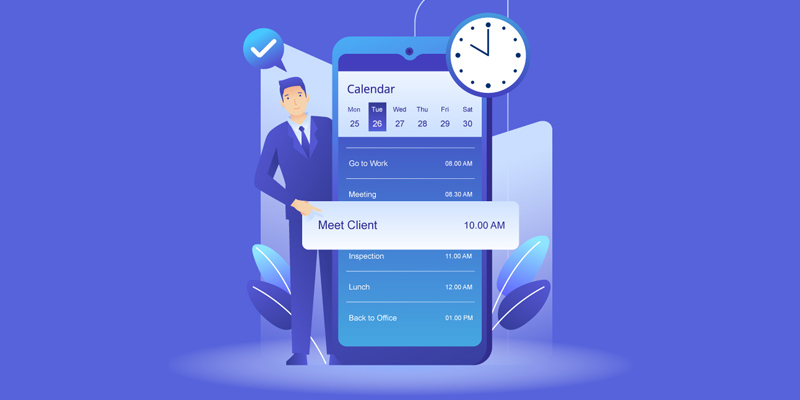
Time-Tracking Software
Billable hours are the leading way law firms make revenue, so capturing every minute spent on client work is crucial. However, traditional methods for tracking time can be inefficient and prone to mistakes, leading to “time leakage”—valuable work that goes unbilled. This is where digital time-tracking tools offer a more accurate, streamlined way to manage time and ensure firms get paid for every hour worked.
One of the most significant benefits of time-tracking software is real-time tracking. Unlike manually recalling how you spent your day, digital tools allow you to log time on the go, whether you are drafting a document, meeting with a client, or conducting research. This reduces the chances of underreporting billable hours, ensuring accurate invoices and clients are charged for exactly what was done.
Many of these tools also integrate seamlessly with case management and billing systems. This means that as you track time for a specific case, it is precisely logged into the firm’s billing system. This eliminates the need for manual entry and ensures that all billable work is tied to the correct client or case, making invoicing faster and more precise. Plus, it allows for more detailed billing, so clients can easily see what they are paying for.
Another issue digital time-tracking solves is “time leakage.” These small tasks—like answering quick emails or taking brief calls—can add up throughout the day but often go unbilled. With digital tools, every action can be tracked with a click, ensuring no work slips through the cracks. Some software even pauses automatically when it detects inactivity, helping capture every minute of work-related tasks.
Mobile accessibility is another game-changer. Lawyers often work remotely, and with time-tracking apps on mobile devices, they can log hours from anywhere—whether in court, at a client’s office, or on the go. These apps sync in real-time with the firm’s main system, ensuring everything stays accurate and giving you the freedom to work from anywhere.
Finally, time-tracking software provides detailed reporting, allowing firms to see time spent and pinpoint inefficiencies. These reports can also help set more realistic budgets for future cases and improve profitability. Plus, they offer transparency to clients, helping build trust and avoid billing disputes by showing exactly how their time is spent.
Document Automation
Document automation has become a transformative tool in the legal industry, helping law firms and legal departments streamline the creation of standard legal documents. By leveraging legal technology, firms can eliminate the repetitive, time-consuming task of manually drafting routine documents such as contracts, pleadings, wills, and client agreements. Instead, document automation systems enable lawyers to generate these documents quickly, accurately, and with a consistent format, freeing up time for more complex legal work.
As legal tech continues evolving, document automation will likely become even more advanced. With the integration of artificial intelligence (AI) and machine learning, document automation tools can learn from past documents, suggesting modifications or even drafting new documents based on similar cases.
Client Communication Tools
Effective client communication is crucial for law firms but can consume significant non-billable time. Lawyers often spend hours updating clients on case statuses, answering routine questions, or scheduling meetings—time that could be used for billable tasks. Modern legal technology has introduced tools that automate many aspects of client communication, reducing non-billable hours and enhancing client satisfaction.
Secure client portals are vital, providing clients with 24/7 access to case-related information, such as documents, updates, and billing details. Instead of contacting their lawyer for updates, clients can log into their portal and see real-time case information. This reduces the need for manual updates and enhances transparency, allowing clients to stay informed without waiting for responses.
Automated email updates further streamline communication by sending clients regular updates on case milestones, deadlines, or tasks completed. These updates are customized based on client preferences, reducing the need for manual email drafting. For example, clients can receive reminders about court dates or notifications when new documents are uploaded.
Law firms can also set up FAQs and document libraries within client portals, addressing common client questions like legal processes and document requirements. This reduces the number of calls or emails lawyers need to answer, empowering clients with the knowledge to understand their cases while saving time for the firm.
Scheduling appointments is another task that can be automated. Tools integrated with a firm’s calendar system allow clients to book appointments online, syncing with the lawyer’s availability. Automated reminders reduce no-shows and last-minute cancellations, further reducing administrative coordination time.
Chatbots and virtual assistants are becoming popular in law firms. These AI-powered tools handle routine client inquiries and guide clients through legal processes. They provide instant responses to common questions, freeing lawyers to focus on more complex issues. Chatbots also assist with intake procedures, making the client experience smoother.
Secure platforms can manage document sharing and e-signatures, allowing clients to review and sign documents digitally. Automated notifications alert clients when a document is ready, and reminders can be sent if signatures are pending. This speeds up document exchanges and reduces coordination time.
Billing and payment communication can also be automated. Legal tech tools send automated billing notifications with detailed breakdowns and secure links for online payment, reducing the need for manual follow-ups and increasing the likelihood of timely payments.
Law firms can save time, improve client satisfaction, and maintain strong relationships by automating client communication. Automation enhances transparency, provides clients with timely updates, and ensures no missed communication, allowing lawyers to focus on billable tasks.
E-Signatures and Digital Contracts
Adopting e-signatures and digital contracts has revolutionized how law firms manage legal document signing. E-signatures reduce delays, streamline workflows, and eliminate the need for physical paperwork or in-person meetings in an industry where efficiency and timeliness are crucial. These technologies provide a secure, convenient, and legally compliant way to handle document execution, benefiting both law firms and their clients.
E-signatures eliminate the need for physical signatures, allowing parties to sign documents digitally from anywhere and speeding up the signing process. This convenience benefits clients in different locations or urgent situations, such as real estate closings or contract finalizations. Law firms also help by reducing administrative effort and focusing on moving cases forward.
These tools integrate seamlessly with practice management systems, streamlining document handling, reducing errors, and ensuring that documents are correctly signed and stored. Automated notifications alert all parties when a document has been signed, ensuring everyone is updated in real-time.
E-signatures are legally compliant and widely accepted under laws like the E-SIGN Act in the U.S. and eIDAS in the EU. They carry the same legal weight as handwritten signatures, provided they meet security and authentication requirements. Platforms use encryption and verification methods to ensure document integrity and signer identity, offering both legal and security assurances.
E-signature tools reduce errors, such as missed signatures, by guiding users through the process. They ensure all required fields are completed before submission, minimizing delays due to incomplete documents. This automation helps streamline the legal process.
E-signatures are particularly valuable in time-sensitive areas like real estate or corporate law, where swift execution is critical. They eliminate geographical and logistical barriers, allowing deals to proceed without delays caused by coordinating physical meetings or mailing documents.
Clients appreciate the convenience of e-signatures, which allow them to sign documents digitally using their computer or mobile device. This enhances their experience and satisfaction and fosters stronger client relationships.
E-signatures also bring environmental and cost-saving benefits by reducing the need to print, mail, and physically store documents. This shift to digital helps law firms lower costs and improve sustainability.
Finally, e-signature platforms offer detailed audit trails, tracking every step of the signing process and providing transparency and accountability, which is essential in legal contexts. This ensures remote accessibility and flexibility, allowing law firms to continue serving clients efficiently, regardless of location.
Cloud Storage and File Sharing
Cloud-based storage and file-sharing systems have become essential for law firms. They streamline workflows, improve collaboration, and save time when managing and sharing documents. By transitioning from traditional on-premises storage to cloud solutions, law firms can operate more efficiently while maintaining secure access to critical information.
One significant benefit of cloud storage is centralized access to documents. Instead of searching through physical servers or filing cabinets, firms can store all case files, contracts, and client communications in one easily accessible location. This eliminates the need to search across multiple platforms, saving time and allowing lawyers to access documents with just a few clicks.
Cloud storage also offers advanced search capabilities, allowing users to find documents quickly using keywords, dates, or file types. Some systems even incorporate artificial intelligence and optical character recognition (OCR) to search within documents, making it easier to locate specific information and reducing time spent on administrative tasks.
Another advantage of cloud storage is real-time collaboration. Legal teams can work on documents simultaneously, avoiding version control issues and back-and-forth email exchanges. Cloud platforms also offer features like commenting and user permissions, ensuring effective collaboration while maintaining document integrity.
Cloud platforms, which provide secure links for file sharing, simplify sharing documents securely with clients. Lawyers can set permissions, such as allowing clients to view or download documents without altering them, and even set expiration dates for added security.
Cloud storage allows access anytime and anywhere, enabling lawyers to retrieve files from any device with an internet connection. This flexibility ensures that legal professionals can work efficiently, even outside the office, and respond quickly to client needs.
In addition, cloud-based file sharing makes exchanging documents with courts, opposing counsel, and government agencies faster and more secure, reducing the administrative burden. With features like automatic backups and version control, cloud storage ensures that documents are never lost and can quickly be restored to previous versions.
Ultimately, cloud storage is scalable, accommodating growing law firms without costly hardware upgrades. This solution offers cost-effective pricing, reducing the administrative workload and allowing staff to focus on more valuable tasks.
How RunSensible Helps Law Firms Reduce Non-Billable Hours
RunSensible helps law firms reduce non-billable hours by automating repetitive tasks like appointment scheduling, document generation, and billing. This lets lawyers focus on billable work like legal research and client consultations. The platform centralizes case management, enabling firms to handle client data, communications, and case files in one place, minimizing time wasted on switching systems or searching for information. RunSensible also streamlines client intake with customizable forms and workflows, reducing manual data entry. Its integrated billing and time-tracking tools ensure every billable time is recovered, while document automation allows for the quick generation of legal documents. In addition, the platform enhances team collaboration by reducing redundant communications and improving overall efficiency.
Final Thoughts
In today’s fast-paced legal environment, technology is changing the game for law firms. By automating routine tasks like managing documents, handling billing, and communicating with clients, firms can cut down on the time spent on non-billable work and focus more on what really matters: serving clients. This not only boosts productivity but also leads to happier clients and, ultimately, a healthier bottom line.
With the legal industry becoming increasingly competitive, adopting legal tech is not just a nice-to-have—it is a necessity. Tools like e-signatures, cloud storage, automated billing, and time-tracking software help streamline day-to-day operations, saving both time and resources. These technologies make it easier for firms to operate efficiently, improve client relationships, and stay ahead in a rapidly changing landscape. By embracing these innovations, law firms can future-proof their business, increase profitability, and keep pace with the demands of the modern legal world.
Disclaimer: The content provided on this blog is for informational purposes only and does not constitute legal, financial, or professional advice.
